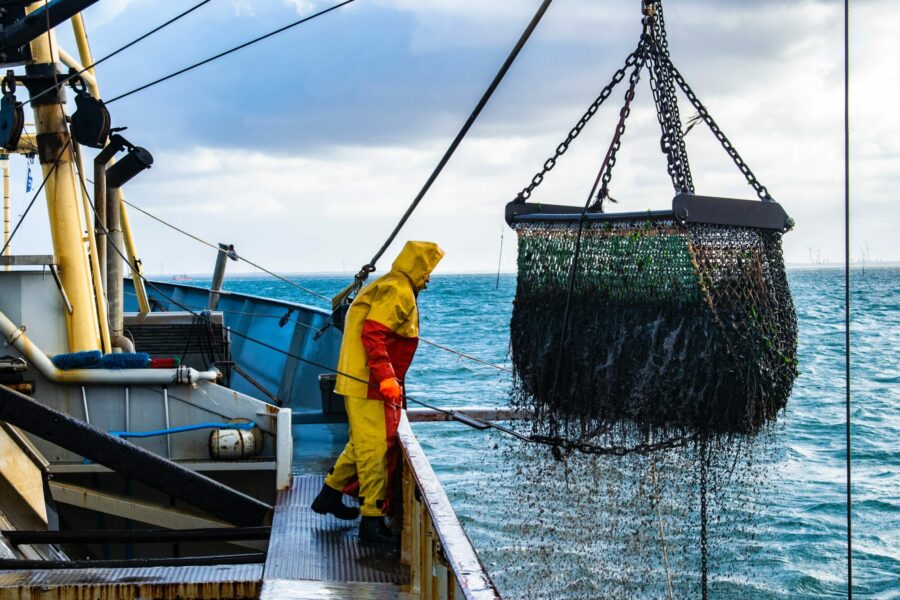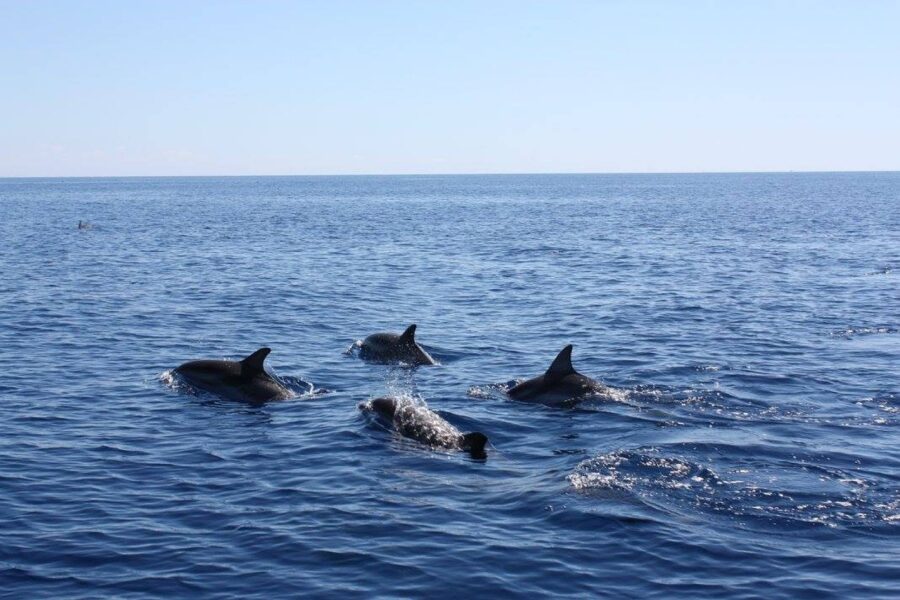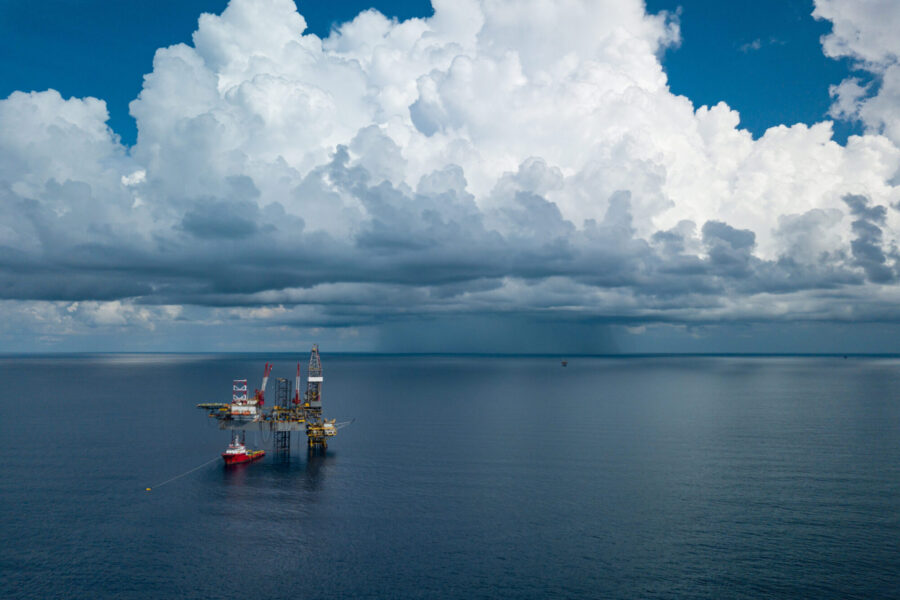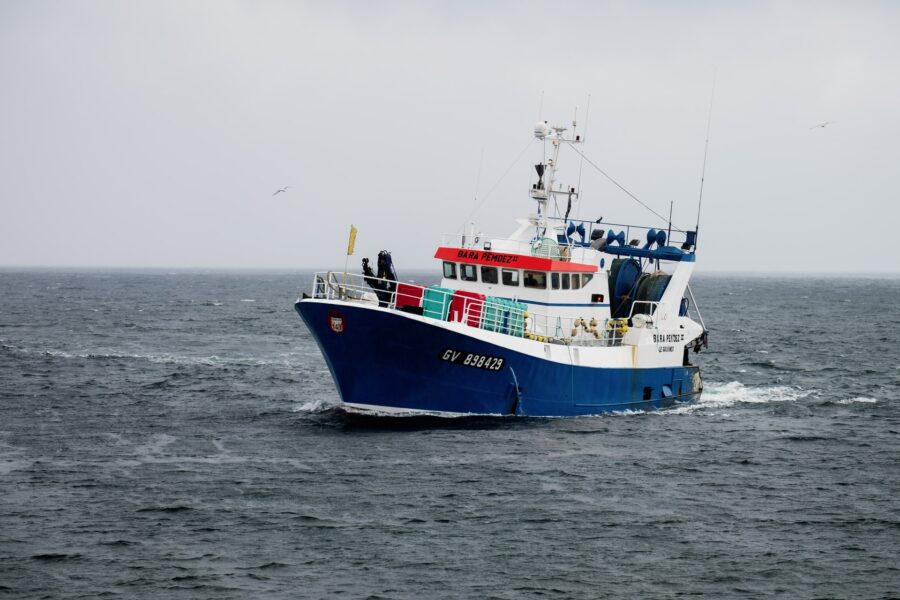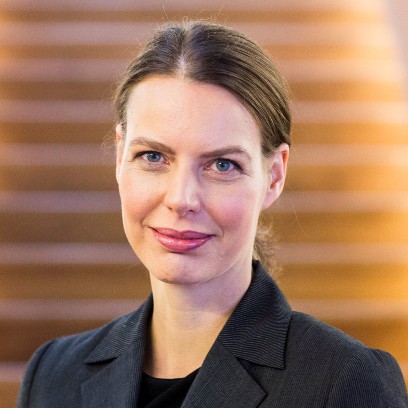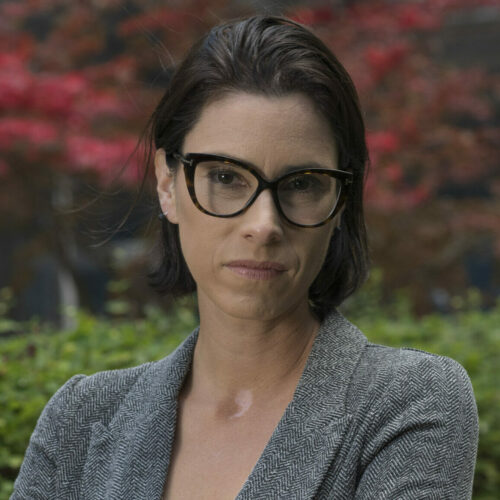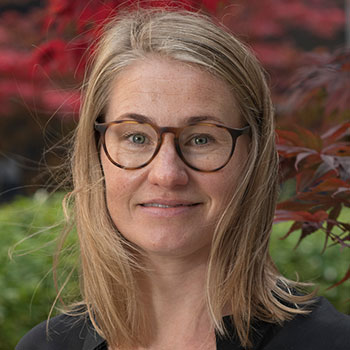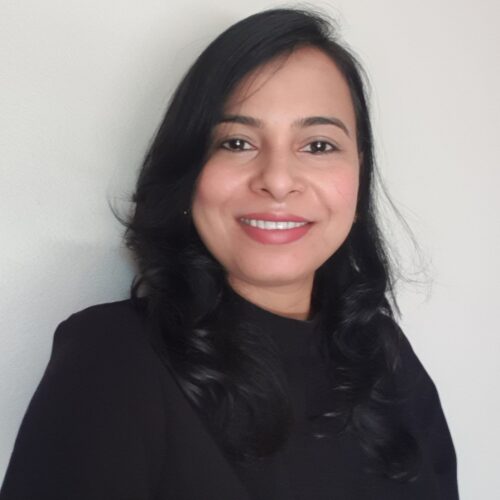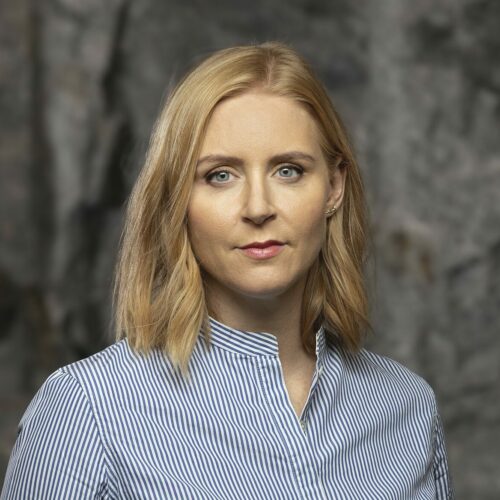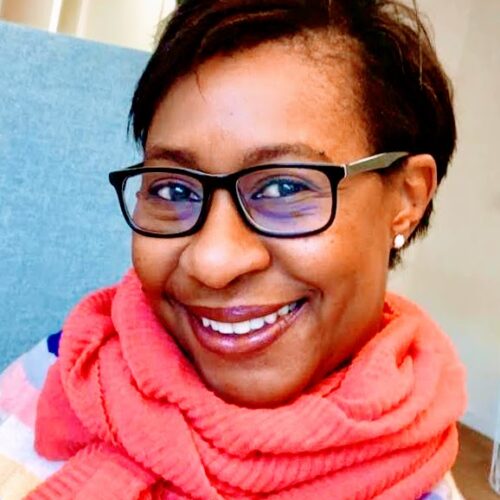The geopolitics of sustainable oceans has been identified as one of the central research themes of the Mistra Geopolitics programme. This research theme will examine how geopolitical dynamics shape the prospects for legitimate and effective governance of the seas. It will pay particular attention to the political dynamics of the Arctic region, and among the Small Island Developing States in the Pacific Ocean.
Oceans, including coastal and marine resources, are essential to human security worldwide. Oceans are undergoing far-reaching change as more than half of all maritime boundaries have not yet been settled, and the governance of the deep-sea, which constitutes 95% of the global oceans, is currently undergoing transformative renegotiation, influenced by changing commercial, geostrategic and energy interests.
Political boundaries and disputes in the Exclusive Economic Zones and the Deep Seas will also be explored, especially in relation to commercial, geostrategic and energy interests. Tensions and new forms of collaboration between states, civil society organizations and private sector companies will be mapped. The research will showcase how societal transformations towards sustainable and secure oceans may be envisaged in the future.


